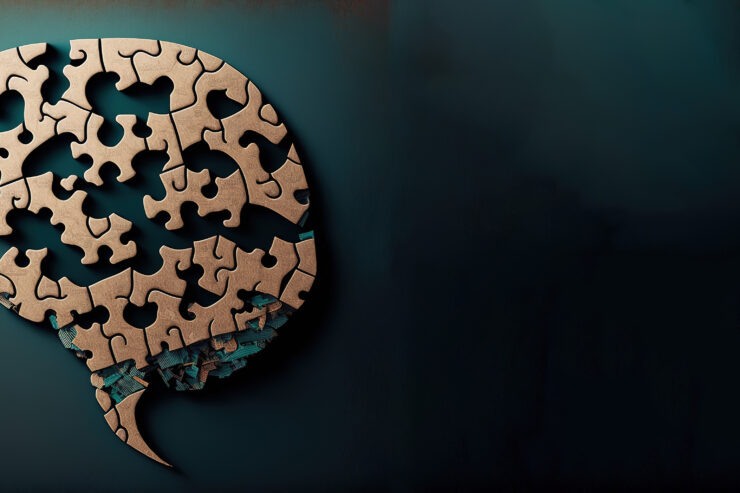FAQ
Ditropan Dementia Lawsuit
Ditropan and Ditropan XL (oxybutynin) are popular medications used to treat overactive bladder disorder (OAB) which have been linked to an increase in the risk of dementia. Up to 30% of people over the age of 65 may experience OAB and are also at risk for dementia. People who take Ditropan for OAB may have been placed at additional risk of dementia.
Symptoms of dementia associated with Ditropan use include:
- Memory loss
- Language difficulties
- Loss of impulse control
- Lack of self-care
- Personality changes
- Difficulties with time concepts
Ditropan manufacturer, Janssen and parent company, Johnson & Johnson, may be facing multiple lawsuits for dementia related to Ditropan use. People and loved ones of those who took Ditropan or Ditropan XL and developed symptoms of dementia may be eligible for compensation.
Ditropan and Overactive Bladder Disorder
Overactive bladder disorder (OAB) is a condition which causes frequent and sudden urges to urinate. It may be painful and difficult to control urine release, resulting in urinary leakage or incontinence. People with OAB may also experience frequent urination, more than eight times in 24 hours or frequent urination at night. Ditropan and Ditropan XL work to treat OAB thorough anticholinergic activity which may reduce urine flow and control painful contractions.
Symptoms of OAB include:
- Sudden urge to urinate
- Inability to control urination
- Painful bladder contractions
- Frequent urination
- Nighttime urinary urgency
OAB may be caused by a number of other diseases and health conditions and is more likely to affect women and the elderly, particularly elderly women. It is most commonly caused by involuntary contraction in the bladder wall but may also develop because of neurological conditions or nerve damage, hormonal changes, diabetes, enlarged prostate, constipation, dementia, and from drugs, alcohol, or medications.
In some cases, OAB may be treated or lessened with non-medication, behavioral methods like Kegel exercises which strengthen the pelvic girdle and muscles surrounding the urethra. OAB which is severe or does not respond to alternative treatments will generally be treated with medications such as Ditropan.
Ditropan Use in the Elderly
Overactive bladder is more likely to occur in the elderly. Up to one-third of those over 65 years of age may have symptoms of OAB. Ditropan and Ditropan XL are common medications used to treat OAB in the elderly but may also be used in younger patients.
Due to its popularity, up to 25% of people over the age of 65 may have taken Ditropan or Ditropan XL at some point in their lives. Though it may be initially prescribed for short periods of time and should be reevaluated on a routine basis, many people take Ditropan daily for multiple years.
Ditropan-related Dementia Risk
Multiple studies have linked Ditropan use to development of dementia. The increased risk of dementia may be 1.5 – 2 times higher in people who have taken Ditropan. Some studies show that the risk may persist for up to 20 years after Ditropan has been taken, even if it is discontinued.
People who took Ditropan in middle age may have increased risk for dementia in later life. Ditropan’s link to dementia is particularly troubling in the elderly who are already at risk for the disorder. Ditropan may worsen that risk and use of the medication has not been limited in those who have existing dementia.
Ditropan-related dementia risk may also be worsened in those who are taking other anticholinergic medications such as antidepressants and antihistamines.
Ditropan Dementia Lawsuits
While elderly people are known to be at an increased risk for dementia, Ditropan and Ditropan XL may worsen the risk. The medications are marketed for use in the widespread treatment of OAB with no specific restrictions on use in the elderly or those who are at risk for dementia. People given the medication may continue to be at risk for a number of years after taking Ditropan.
Though newer drugs with fewer side effects are available, Janssen and Johnson & Johnson continue to promote Ditropan XL for the treatment of OAB without restriction regarding risk of dementia.
Janssen and Johnson & Johnson may be facing numerous lawsuits due to the increased risk of dementia. People or loved ones of those who took Ditropan or Ditropan XL and developed dementia or worsening symptoms of dementia may be eligible for compensation.
